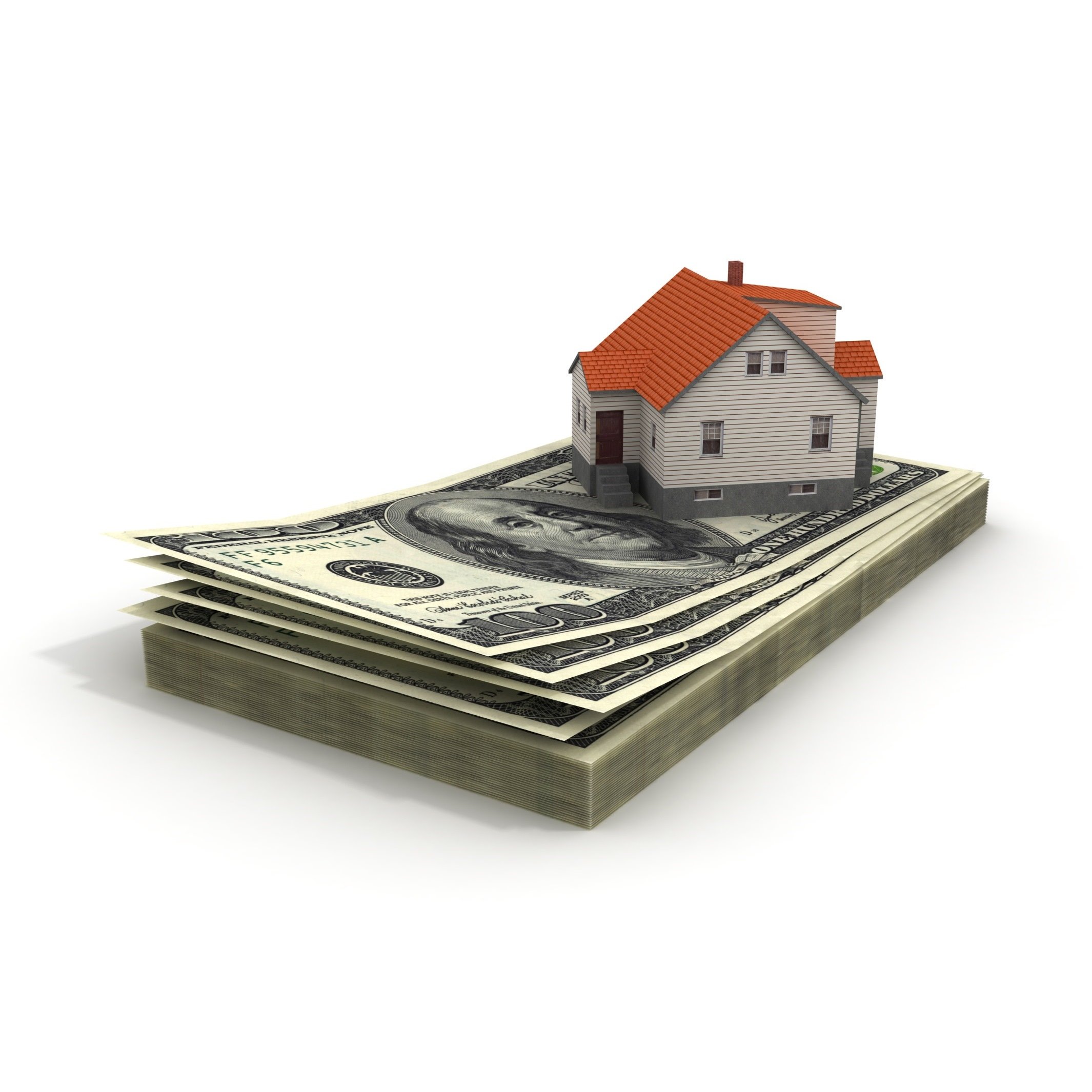How Much House Can You Really Afford?
November 28, 2016 by Paul Ausick
Lenders are interested in a relatively few key elements when it comes to approving you for a loan: how healthy is your credit, what is your income and how stable does it appear, and what is your debt load? But these are really just a snapshot of your financial health at a given moment in time.
Because your mortgage is secured by the value of the house you are purchasing, the lender is protected in the event you can’t manage the monthly mortgage payments. But you’re not. If you can’t pay, only bad things will happen to you.
Once a lender has told you how much house you can afford to buy, you need to consider several possibilities that the lender was not required to include in its determination of your ability to qualify for the loan it is offering. Kayla Albert at Trulia noted five things to think about before signing those mortgage papers.
Your spending habits and household budget: Will signing on for that big mortgage mean that every bit of your monthly disposable income is now going to pay for the house? The temptation to use that credit card goes way up if your disposable income drops to near zero, and that can lead to a debt problem down the road.
You will face more home expenses than you might expect: Lenders already consider items like property tax payments and homeowner’s insurance when they make their decisions. But home maintenance and repair are your problem, not the lender’s. A new water heater or furnace doesn’t come cheap.
You still need to be able to meet your savings goals: Again, lenders will determine if you have enough assets to make the down payment, pay the closing costs and have enough left to meet a few months mortgage payments and other expenses. If that means you don’t have enough left to save something for retirement or emergencies every month, well, that’s your lookout, not the lender’s.
You plan to make some big life change: Thinking about giving up your steady job and starting your own business? Or planning to quit work to stay home with the kids? Changes like these can disrupt your household’s cash flow and, again, the risk is all yours, not the lender’s.
Your new house will stretch your finances to the limit: A big mortgage payment can lead to stress, lost productivity, health problems and personal problems. No house is worth any of those.
Albert sums this up neatly:
Lenders are looking at the numbers, while the bigger picture says much more. Even if you can technically afford a monthly payment doesn’t mean you should agree to it. Instead, take a comprehensive look at your finances and determine what’s right for you. When you are in a financially comfortable home, you’ll be glad you did.
For more information and details, visit the Trulia website.
Sponsored: Attention Savvy Investors: Speak to 3 Financial Experts – FREE
Ever wanted an extra set of eyes on an investment you’re considering? Now you can speak with up to 3 financial experts in your area for FREE. By simply
clicking here you can begin to match with financial professionals who can help guide you through the financial decisions you’re making. And the best part? The first conversation with them is free.
Click here to match with up to 3 financial pros who would be excited to help you make financial decisions.